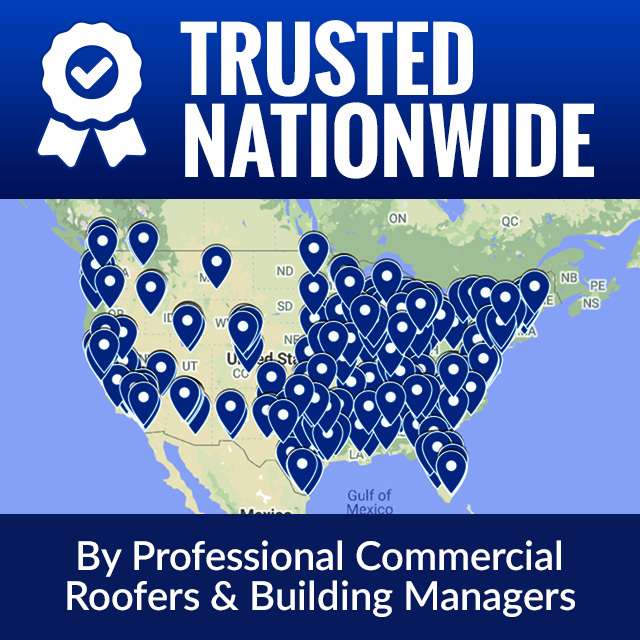Roof Leaks Happen Without Warning
Flat roofs can develop leaks for a variety of reasons and at any point in their lifespan. Workers can accidentally and unknowingly pierce a roof’s waterproof membrane even before construction is completed. Extreme weather, poor design, and poor construction can all conspire to create leaks. These leaks are often too small to spot with the naked eye. But, these tiny leaks can cause substantial damage to a building’s structure in no time at all.
With the amount of rainfall and snow that the nation receives throughout the year, it is best to locate leaks on your roof as soon as possible. It allows small repairs to be made before they become big, expensive ones, or worse, irreparable damage is done.
The Nation’s Most Trusted
Atlantic Testing Services has located over 75,000 leaks. This is why we are the nation’s most trusted leak detection service company. With rapid deployment and the latest equipment, we help you stop leaks wherever you are, fast.
Two Types of Detection
For both of our flat roof leak detection methods, our expert, certified technicians use the most advanced electronic leak detection technology available and adhere to extensive test and material specifications. Our years of experience, expert, certified technicians, and advanced technology allow us to find the leaks others cannot.
Roof Leak Detection Is Used For:
- Building maintenance inspections
- Real estate transactions
- New building enclosure commissioning
- Dispute resolution
- Roofing warranty transfer
- Insurance claims
- And more!
Efficiently locating damaged roof areas and assessing how much of a roof actually requires repair can make a significant difference in roof repair costs.
Read below to find out which flat roof leak detection method is right for your property.
Also known as “dry roof” or “spark testing”, this is the most versatile method for roof leak detection as it allows our technicians to test on horizontal and vertical surfaces. This method is used to detect leaks under dry conditions using high-voltage technology.
Also known as EFVM (Electric Field Vector Mapping), LVIT (Low-voltage Integrity Testing), or just LV Testing. This method is used to detect leaks under wet conditions using low-voltage technology.
- Find leaks today. Call 888-696-6429

